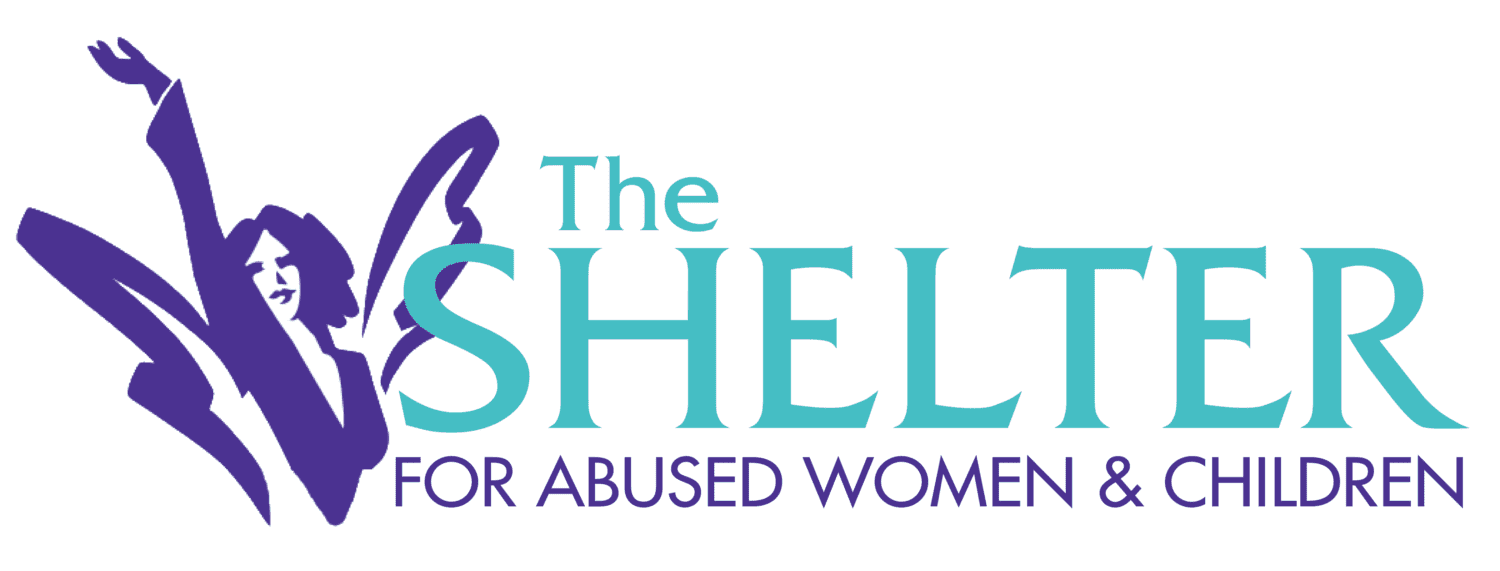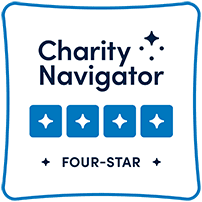Abuse shelter opens up new Immokalee facility
By Andrew Atkins
As of June 1, The Shelter for Abused Women and Children’s new Shelly Stayer Shelter in Immokalee is open and available to the community.
The Shelly Stayer Shelter’s 22,500 square feet and 60 beds doubles the bed space the shelter offers in Collier County to 120 beds. Of the 60 beds at the Shelly Stayer Shelter, 52 are allocated for victims of domestic violence and eight are for long-term care and rehabilitation of human trafficking victims. All of the Shelter’s services are provided at no cost to those it serves.
“I feel strongly that this shelter in Immokalee will save lives,” said Shelter CEO Linda Oberhaus. “We know that literally, there are three generations of women living in Immokalee who have always lived in abusive situations because we provide service to, literally, three generations of women in abusive relationships.”
Those who come to the Shelter, Oberhaus said, “are really sending a message to their children that abuse is not OK, that relationships can be healthy and whole.”
Aside from constructing a physical shelter in the community, the Shelter has provided services for since 1997 with its Immokalee Outreach Office, the Shelly Stayer Shelter bolsters access to the Shelter’s protective services: Instead of needing to find transportation for the 45 minute trip to the Naples shelter, that resource is directly in the community.
“We are interrupting the next generation of victims and abusers,” Oberhaus said.
Plans for the shelter date back to 2016 and began with a lead gift of $3 million from Shelly Stayer, a longtime Shelter supporter and co-owner (alongside her husband, Ralph Stayer) of Johnsonville, the Wisconsin-based sausage company.
“Family is very important to me so I was immediately attracted to the work that The Shelter is doing to help individuals and families heal from the devastating effects of domestic violence,” Stayer said in a written statement at the time.
“It is personally rewarding to know this shelter will fill a significant need in the Immokalee area as well as provide for the specialized long-term care of victims of human trafficking.”
The Shelly Stayer Shelter was planned for 32 beds when announced in 2016, Oberhaus said, but the organization anticipated needs could potentially exceed the planned space early on, so the Shelter reconfigured the domestic violence wings to add bunk beds in family rooms.
COVID-19 delayed the Shelly Stayer Shelter’s opening, originally set for April 15, to a virtual grand opening May 26 and a full opening of its services June 1. The delays came after March’s comments from Sheriff Kevin Rambosk to Collier County commissioners, in which he highlighted a 30% increase in the number of domestic violence calls in the wake of social distancing, providing a sense of urgency to the Shelter.
“We felt it would not be in the best interest of the organizations or the people we were able to serve by opening up right as the pandemic was hitting its peak,” Oberhaus said.
“We outreached to the Immokalee community to let them know that our Naples shelter was open and that we would make whatever arrangements they needed to get these people to safe shelter.”
Chief Operating Officer for the Shelter, Julie Franklin, said the separate space for victims of human trafficking is a key element that sets the Shelly Stayer Shelter apart. The long-term rehabilitation space allows the Shelter to provide two specialized services catered to the specific needs of victims.
“It’s been the biggest project I’ve ever worked on, but by far the most rewarding,” Franklin said. “The reason why we are here today is because of the community.”
Oberhaus noted that, while the organization’s name is The Shelter for Abused Women and Children, the organization serves all victims of domestic violence, including male victims.
“If they have the courage to step up and say they need help, we’re going to help them,” she said.
The Shelter for Abused Women and Children also operates a crisis line at (239) 775-1101





